High Blood Pressure & Weight Loss Surgery

Is High Blood Pressure Related to Obesity?
A famous study for 44 years, estimated that excess body weight (including overweight and obesity), accounted for approximately 26% of cases of hypertension in men and 28% in women.
Individuals with obesity have an increase in fatty tissue that increases their vascular resistance and in turn, increases the work the heart has to do to pump blood throughout the body.
Obesity is associated with hypertension, and hypertension is associated with numerous other diseases that can affect overall health and life expectancy.
Antihypertensive medications should be started if hypertension is diagnosed. But, with weight-loss, a significant fall in blood pressure may permit a decrease in the number of medications taken or decrease the amount of medication taken. Prevention would be better than any drug.
Gastric Sleeve Surgery Helps Lower Pressure
Research has proven that Bariatric surgery can effectively lower blood pressure in many patients with obesity and hypertension.
Studies show many obese patients (body mass indexes of 30-40 kg/m2) who are taking antihypertensive medications (most without diabetes) and who undergo Gastric Sleeve Weight Loss Surgery show a significant decrease in hypertension.
Who is affected by High Blood Pressure?
32% of Australians over the age of 18 have a systolic reading of 140 mm Hg or higher.
High blood pressure, also known as Hypertension, is a condition measured when the ‘pumping’ force of the blood against the artery walls is high.
This is reflected by the range of the two numbers typically between 140/90 (high) - 180/120 (very high)
Your blood pressure rises with each heartbeat and falls when your heart relaxes between beats.
Normal blood pressure is typically less than 120 systolic (pumping) / 80 diastolic (resting) mm Hg for an adult age 20 or over. It is during the diastolic phase that the heart infuses the blood with oxygen.
Your blood pressure can vary dependant on:
- Posture
- Exercise
- Stress
- Sleep
How does High Blood Pressure Affect You?
High blood pressure makes it harder for your heart to pump blood through your body. Where high blood pressure goes untreated it can cause damage to your body's blood vessels. This can start with your fine arteries but then lead to damage to all arteries and veins. The damaged blood vessels can become malformed, harden and leak.
Loss of vascular efficiency and the formation of blood clots can give rise to:
- Mental Impairment
- Aneurysm
- Stroke
- Heart Failure
- Kidney Disease
Causes of High Blood Pressure?
There are many causes of blood pressure problems some are:
- Genetics or family history
- Lack of physical activity
- Smoking
- Being overweight or obese
- Diet, especially high salt and alcohol consumption
- Stress and lack of sleep
- Older age
Symptoms of High Blood Pressure?
High blood pressure typically has no symptoms.
Occasionally, people with chronic high blood pressure might have symptoms such as:
- Dull headaches
- Dizzy spells
- Frequent nosebleeds
Diagnosis of High Blood Pressure
When you visit our doctors they routinely measure your blood pressure with a sphygmomanometer.
Regular monitoring your blood pressure, especially if you have above "normal" range or family history, is recommended for hypertension.
Home or self-tests will also help educate you on how it may change through the day.
Treatment Choices for High Blood Pressure
There are several treatment pathways to either reduce or manage high blood pressure. Our doctors are able to advise you on what they recommend suits you best.
Self-care
- Physical exercise - Aerobic activity for 20–30 minutes, 5 days a week improves cardiovascular health. If injured, pursuing an activity that avoids the injured muscle group or joint can help maintain physical function while recovering.
- Stress management - Pursuing an enjoyable activity or verbalising frustration to reduce stress and improve mental health.
- Quitting smoking - Quitting smoking tobacco.
- Home blood pressure monitors - Regular monitoring of blood pressure can help diagnose high blood pressure.
- Low sodium diet - A diet that restricts salt (sodium chloride) and other forms of sodium to no more than 1,500 to 2,400 mg per day.
Weight Loss Surgery
Where a patient is obese taking medication for the management of high blood pressure can often cause side effects and unless you want to take these medications for the rest of your life weight loss surgery can be an option.
Material weight loss can often be an effective treatment for high blood pressure.
Medications
- ACE inhibitor - Relaxes blood vessels, lowers blood pressure and prevents diabetes-related kidney damage.
- Diuretic - Increases urine production to get rid of excess salt and water.
- Beta-blocker - Slows heart rate and decreases blood pressure. When taken in eye-drop form, it reduces eye pressure.
- Antihypertensive drug - Lowers blood pressure.
- Calcium channel blocker - Relaxes blood vessels.
- Vasodilator - Widens blood vessels.
Next Step
If you want to learn more or are experiencing health issues related to your weight contact Dr Maani who will offer advice.
For patients who want to take the next step contact your general practitioner and arrange a referral to Dr Maani, or call our rooms directly.









